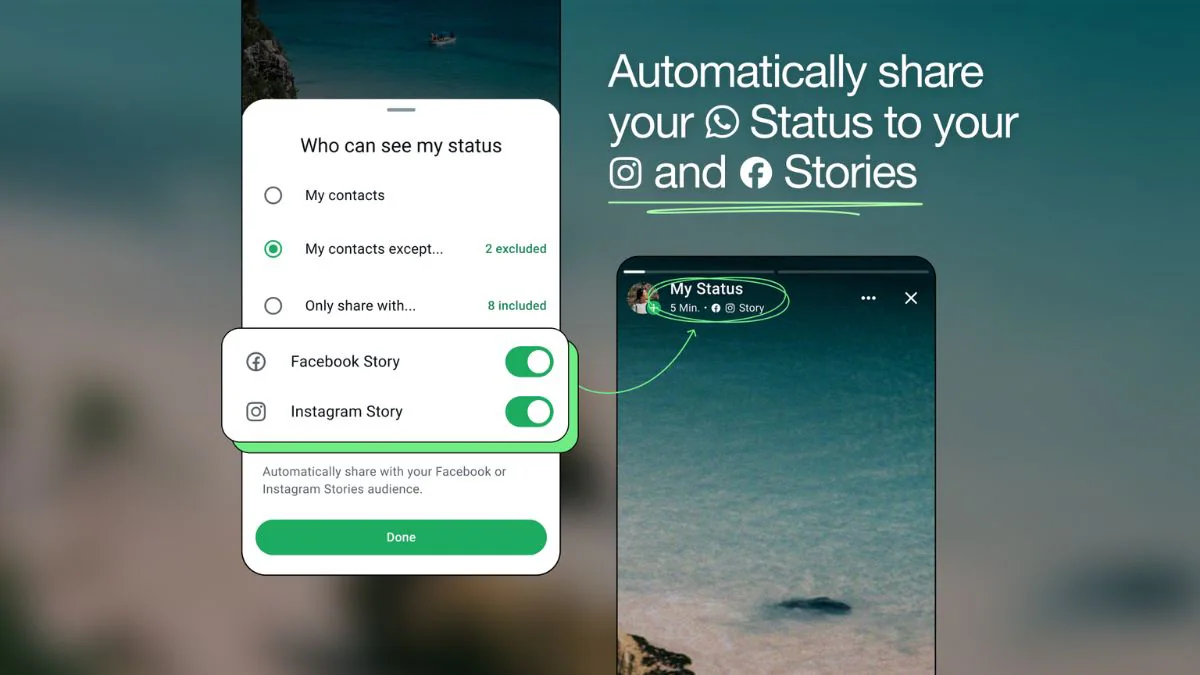
What is the “Digital Arrest” Scam?
In the “digital arrest” scam, victims receive a call, email, or message that claims they are under investigation for criminal activities like identity theft or money laundering. The scammer, posing as a government official, demands money or personal information to “clear their name” or avoid arrest. The scammers use urgency and threats to prompt hasty decisions.
Prime Minister Narendra Modi also addressed this issue in his Mann Ki Baat broadcast, warning that no government agency will demand money or threaten individuals over phone calls or video calls. CERT-In advised people to stay calm if contacted by potential scammers and highlighted that:Key Points from the Advisory
- Government agencies do not issue threats over phone or video calls.
- Platforms like WhatsApp or Skype are not used for official communication.
- Stop, think, and act if you receive a suspicious call, and take note of the details for reporting.
Recognizing and Avoiding Scams
CERT-In has also outlined other common online scams:
- Phishing Scams: Fake emails or messages from “trusted” organizations, attempting to collect personal information.
- Lottery Scams: Notifications claiming you've won a prize, requiring “fees” to claim it.
- Tech Support Scams: Fake virus warnings leading to unauthorized access to your computer.
- Investment Scams: Promises of high returns in Ponzi schemes
- Phone Scams: Requests for OTPs and banking information, often posing as telecom or regulatory bodies.
- Parcel Scams: Calls claiming that a “drug parcel” in your name has been seized, demanding money to avoid legal action.
Staying Protected Online
CERT-In’s advisory emphasizes that vigilance and knowledge are key to protection against these scams. Avoid sharing financial or personal information with unknown callers, and if someone demands money, it’s likely fraudulent. Being informed, cautious, and reporting suspicious activity can help curb this emerging cyber threat.











